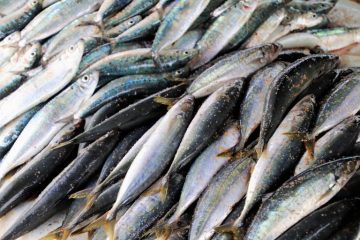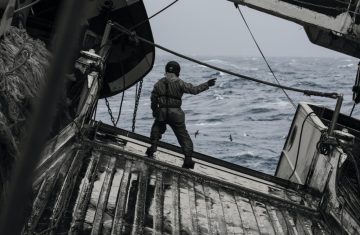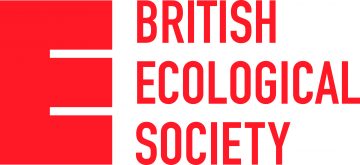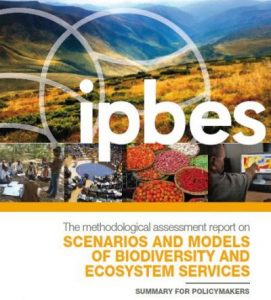Climate change will have an adverse impact on trophic amplification in marine food webs
Climate-driven changes in ocean environmental conditions — ocean warming, deoxygenation and acidification — are projected to affect the physiological functions of marine organisms, their geographic distributions, biological life cycles and total biomass.
Fish buffered from recent marine heatwaves, showing there’s still time to act on climate change
Fish were surprisingly resilient to marine heatwaves before 2019, highlighting the need to keep seas from warming further, according to new research.
British Ecological Society’s Aquatic Macroecology Meeting
CORU Leader William Cheung gave a keynote entitled “Applying macroecology to project future marine ecosystems under climate change” at the British Ecological Society’s Aquatic Macroecology Meeting in London on September 30, 2016. Read More.
IPBES Report: Methodological Assessment of Scenarios and Models of Biodiversity and Ecosystem Services
The Intergovernmental Science-Policy Platform on Biodiversity and Ecosystem Services (IPBES) released their Methodological Assessment of Scenarios and Models of Biodiversity and Ecosystem Services, for which CORU Leader William Cheung was a coordinating lead author, as well as a contributing author for Chapter 5 “Modelling consequences of change in biodiversity for nature’s benefits to people” (p […]



